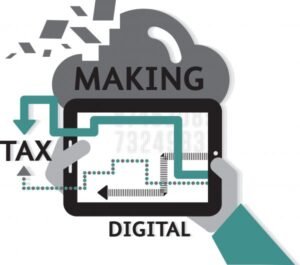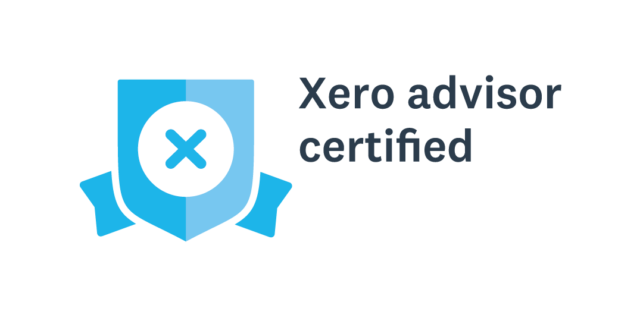
Making Tax Digital (MTD) will be compulsory for all landlords and self-employed individuals from April 2024. If you’re a freelancer, gig worker, subcontractor or side hustler who earns more than £10,000 per year through property rent or income combined, this applies to you.

Keeping your accounts digital protects your financial records from being lost or destroyed in a fire, flood, or stolen following a break-in. Other benefits include:
- reduced paperwork
- simpler bookkeeping
- more accurate reporting
- instant access
- fewer mistakes
- less chance of missing deadlines
Digital accounting is real-time, meaning information will always be accessible from a digital device – no matter where you are in the world or at whatever time. With compatible apps, you’ll also be able to record transactions while on the move. More information about digital software options is included in our knowledge hub to guide you through the options.
Keeping a close eye on your cash flow and having access to immediate reports, such as profit and loss, tracking, balance sheets, and bank accounts, provides the tools to manage a healthy business.
Are you digitally exempt?
There may be circumstances where you can apply to be exempt from MTD Income Tax. Suppose you believe you cannot use a computer or access software via the internet because of a disability, age, location, or religion. In that case, you must immediately contact HMRC to see if you’re eligible. There will be a very limited number of cases that HMRC will categorize as exempt. Find more information by clicking here.

- Check last year’s Income Tax Self Assessment (ITSA) form to see what income you earned
- Check your current income received – are you on course to earning over £10,000?
- Review the recommended steps from previous articles
- Talk to us now if anything is unclear
Gain the advantage and start implementing the changes to digital now to save time and disturbance.






